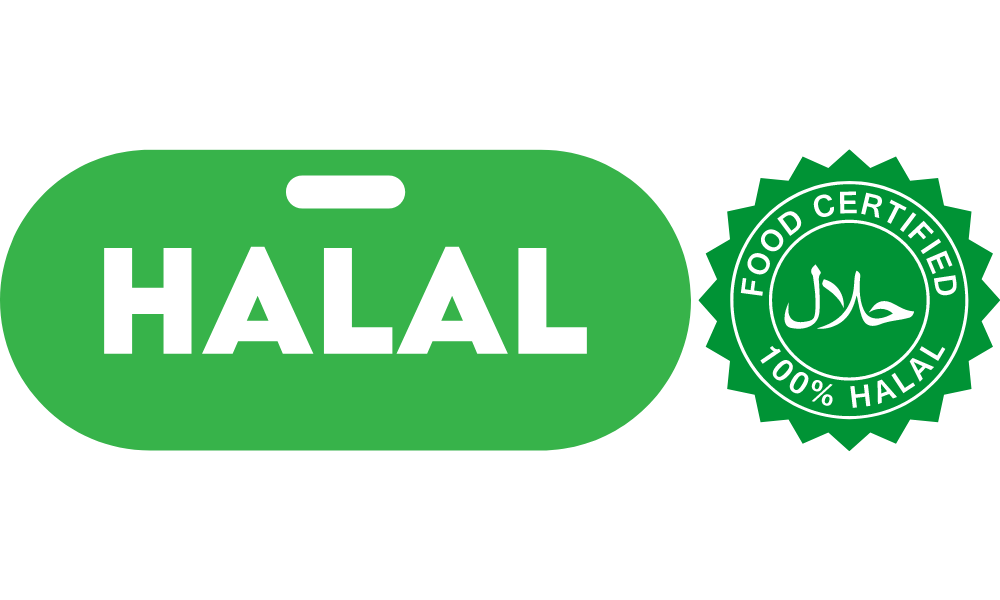What is Halal

“Halal” quite literally is an Arabic word which means “permissible”. This is in contrast to the word “haram” which is the Arabic word for “prohibited”. For Muslims, halal and haram dictate the aspects of their lives and actions which are permissible and impermissible. Unbeknownst to many, this is not only in relation to food - rather, but gambling for example is also “haram” and going to the gym is “halal”.
In the context of food, “halal” refers to food which is permissible for Muslims to eat. With close to 1 million Muslims in Australia, and Islam being the fastest growing religion in the world, the halal food industry is becoming increasingly important in supporting the local and global economy. For food to be halal, it must comply with the dietary guidelines outlined in the Quran (the Muslim Holy Book), and the Sunnah (the practices and methodology of God's prophet Muhammad PBUH). Generally speaking, food is considered halal unless there is something in the Quran or Sunnah which deems it haram or impermissible.
Some foods, ingredients and preparation practices which are haram include:
- Alcohol
- Intoxicants
- Pig products (e.g. pork, bacon, ham, lard)
- Meat of carnivorous animals
- Any meat which has not been slaughtered by a Muslim in the name of Allah (God)
- Meat from animals which died of natural causes
- Meat of animals which died by strangling or beating
- Blood in liquid form
- Food products manufactured with utensils or manufacturing lines which have come into contact with non-halal products
Some foods and ingredients which might be haram depending on the source and/or manner it was derived include:
- Stock
- Rennet
- Animal enzymes
- Gelatine
- Animal Fats
- Lipase
- L-cysteine
- Humectant
Islam places a huge importance on the sanctity of life. Halal food ensures that the food has been derived in a non-cruel manner which minimises pain and suffering to animals, and ensures the safest and healthiest consumption for humans.